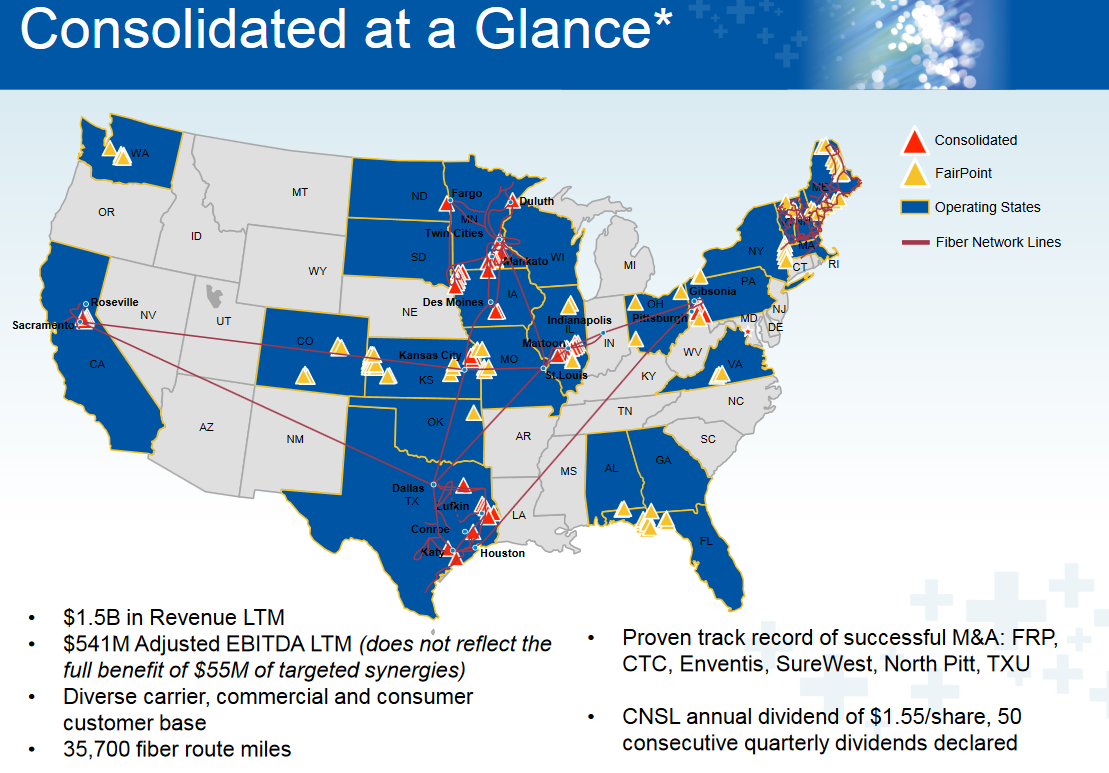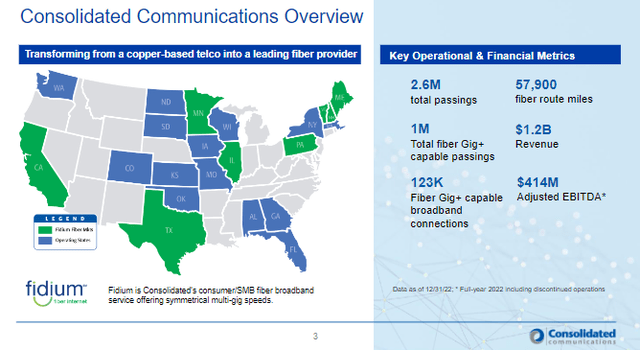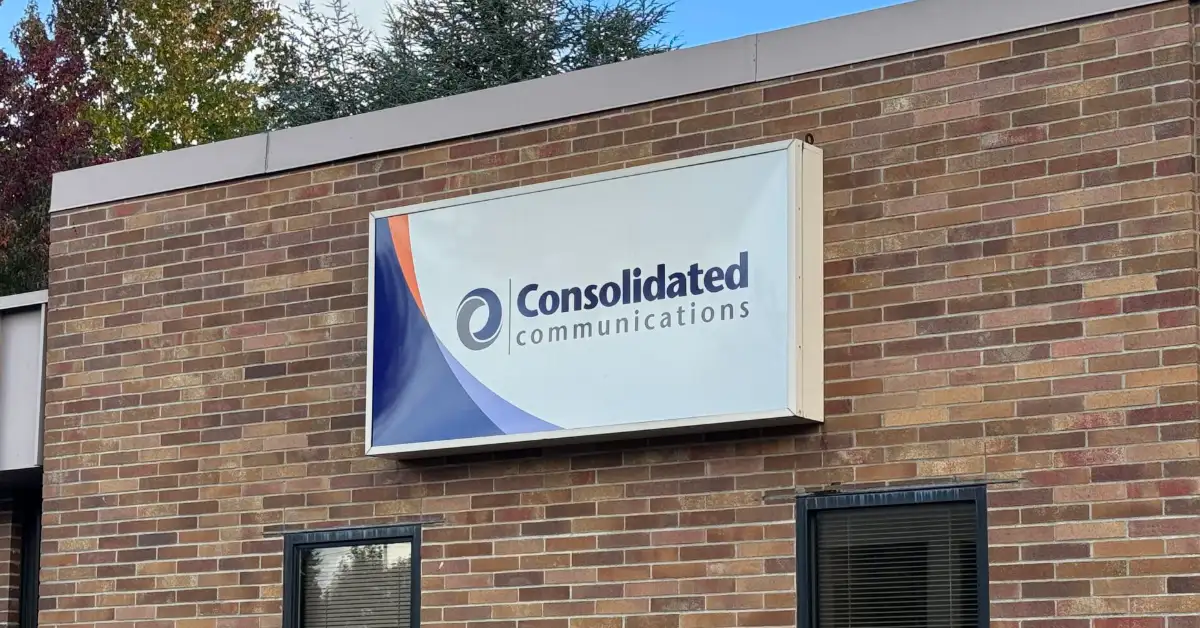Consolidated Communications Of Northern New England

Imagine driving through the vibrant, green hills of Vermont in summer. Picture yourself cozying up to a crackling fire in a New Hampshire cabin during a snowstorm. In both scenarios, reliable internet access is no longer a luxury, but a lifeline. For many in Northern New England, that lifeline has, for better or worse, been managed, in large part, by one company: Consolidated Communications of Northern New England.
Consolidated Communications of Northern New England (CCNNNE), a subsidiary of Consolidated Communications Holdings, Inc., stands as a pivotal, though often debated, player in the region's digital landscape. It provides essential broadband, phone, and video services to homes and businesses across Maine, New Hampshire, and Vermont. This article aims to provide a balanced overview of CCNNNE's role, its impact on the communities it serves, and the challenges and opportunities it faces in an ever-evolving technological world.
A Legacy of Connectivity
CCNNNE's roots stretch back decades, predating the internet boom. The company evolved from various local telephone providers, gradually consolidating under the Consolidated Communications umbrella. This legacy means the company has a deep, if sometimes complicated, relationship with the communities it serves.
For years, CCNNNE (and its predecessors) was the primary, often only, option for phone service in many rural areas. This history has instilled a sense of responsibility, but also presented challenges in adapting to the demands of the digital age.
Expanding Broadband Access
The current focus, and arguably the most significant aspect of CCNNNE's work, is broadband expansion. The company has invested heavily in upgrading its infrastructure, particularly in rural areas where access has been historically limited. This expansion is vital for economic development, education, and overall quality of life in these communities.
According to a 2023 press release, Consolidated Communications has committed to delivering fiber internet to over one million locations by 2025. The majority of the new fiber connections are in Northern New England. This ambitious goal reflects the company's commitment to bridging the digital divide.
However, the rollout has not been without its hurdles. The rugged terrain of Northern New England, coupled with permitting delays and workforce shortages, has posed significant obstacles. These challenges have sometimes led to frustration among residents eagerly awaiting improved internet access.
The Fiber Optic Promise
CCNNNE's primary strategy for improving broadband is the deployment of fiber optic infrastructure. Fiber offers significantly faster speeds and greater reliability compared to traditional copper lines.
The benefits of fiber are undeniable. Businesses can operate more efficiently, students can access online learning resources, and residents can enjoy streaming services without constant buffering. A reliable internet connection has become synonymous with opportunity.
A resident of rural Vermont said that the installation of fiber by CCNNNE has been transformative. "Before, I could barely check my email," she explained. "Now, I can work from home, participate in video conferences, and even stream movies. It's opened up a whole new world."
Customer Service and Community Engagement
While network infrastructure is crucial, customer service remains a key factor in CCNNNE's success. The company has faced criticism in the past regarding responsiveness and issue resolution.
In response, CCNNNE has invested in improving its customer support channels, including online resources and call center training. The company has also increased its engagement with local communities through town hall meetings and partnerships with local organizations.
CCNNNE sponsors local events and initiatives, showing a commitment beyond simply providing internet service. These efforts aim to build stronger relationships and foster goodwill within the communities they serve.
Challenges and Competition
CCNNNE faces increasing competition from other broadband providers, including satellite internet services and other regional telecommunications companies. This competition puts pressure on CCNNNE to innovate and improve its offerings.
Furthermore, the company must navigate evolving regulatory landscapes and adapt to rapidly changing technological advancements. Staying ahead requires continuous investment and a forward-thinking approach.
The availability of federal funding for broadband expansion, such as through the Broadband Equity, Access, and Deployment (BEAD) program, presents both an opportunity and a challenge for CCNNNE. To succeed, the company must effectively compete for these funds and demonstrate its ability to deliver reliable broadband service to unserved and underserved areas.
The Future of Connectivity in Northern New England
The future of connectivity in Northern New England hinges on continued investment in infrastructure and a commitment to bridging the digital divide. Consolidated Communications plays a key role in this future.
The success of CCNNNE will depend on its ability to adapt to changing customer needs, embrace new technologies, and build strong relationships with the communities it serves. It also depends on how well they listen to their customers and make adjustments.
While challenges remain, the company's ongoing efforts to expand fiber optic access offer a glimmer of hope for a more connected and prosperous future for Northern New England.
The hum of the fiber optic cable, invisible beneath the soil, represents more than just data transfer. It signifies access to education, economic opportunity, and a stronger sense of community in these beautiful, yet often isolated, corners of the United States. The role Consolidated Communications plays in shaping that future is significant, and its success is deeply intertwined with the well-being of the region it serves.


















